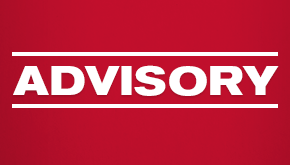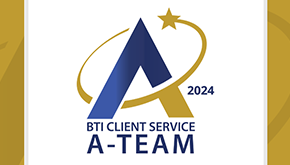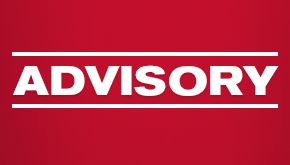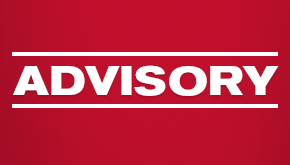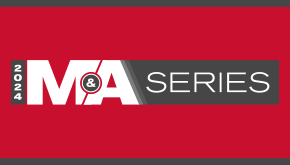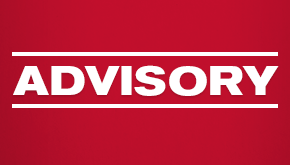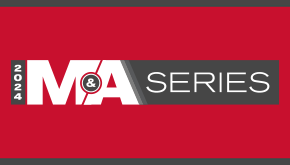Illinois Amended Freedom to Work Act – What Employees and Employers Need to Know
On August 13, 2021, Illinois Governor JB Pritzker signed into law Senate Bill 672 ("SB 672") which amends the Illinois Freedom to Work Act (the "Act"). The sweeping changes limit when restrictive covenants entered after January 1, 2022 can be enforced against Illinois employees; the Act does not apply retroactively.
The Act was originally signed into law in 2016, by then-Governor Rauner and became effective on January 1, 2017. The original Act prohibited employers from requiring "low-wage employees" to enter into non-competition agreements and declared such agreements to be "illegal and void." The Act defined "low-wage employee" as any employee earning less than (1) the applicable federal, state or local hourly minimum wage, or (2) $13.00 per hour, whichever was greater. SB 672 amends Section 5 and 10 of the Act and adds Sections 7, 15, 20, 25, 30, 35, and 97.
Notably, SB 672 eliminates the term "low-wage employees" and instead expands protections to any employee who earns or is expected to earn $75,000 or less per year. This revised language means that the new law will apply to the majority of Illinois' 5.5 million employees. As of 2019, Illinois employees earned on average $36,038 per year according to US Census data. SB 672 also prohibits employers from entering into employee non-solicitation or customer non-solicitation agreements with an employee who earns or is expected to earn $45,000 or less per year. Both of these salary thresholds increase over time.
For the most part, SB 672 codifies existing case law by requiring that non-competition and non-solicitation agreements: (1) be supported by adequate consideration; (2) are ancillary to a valid employment relationship; (3) are no greater than required to protect the employer's "legitimate business interests"; (4) do not impose any undue hardship on the employee; and (5) are not injurious to the public. Embracing Illinois Appellate Court decisions, the Act defines "adequate consideration" to mean that the employee worked for the employer for at least two years after signing the restrictive covenant, or the employer provided consideration adequate to support the agreement.
Newly added Section 7 outlines a non-exhaustive list of factors for courts to consider when assessing whether a restrictive covenant is properly tailored to protect an employer's legitimate business interest. This list includes:
- The employee's exposure to the employer's customer relationships or other employees; The near-permanence of customer relationships;
- The employee's acquisition, use, or knowledge of confidential information through the employee's employment;
- The time restrictions, the place restrictions; and
- The scope of the activity restrictions.
As a gift to litigators, the new statute explicitly recognizes that every situation must be determined on its own particular facts, such that "[t]he same identical contract and restraint may be reasonable and valid under one set of circumstances and unreasonable and invalid under another set of circumstances."
The Act also empowers courts to alter overly broad restrictive covenants (commonly referred to as "blue-penciling"). Employers therefore must be careful to draft narrow restrictions and only include those that are needed to protect their legitimate business interests.
Employers also will be required to advise employees in writing to consult with an attorney before agreeing to a restrictive covenant. Employers, then, must give their employees 14 days to review the proposed restriction.
There are special provisions in the Act for employees related to the COVID-19 pandemic. Specifically, non-competition agreements cannot be enforced against furloughed or laid off employees unless the agreement provides for payment of the employee's base salary for a period of time.
The most notable divergence from existing common law is the Act's fee shifting provision, which penalizes employers that unsuccessfully attempt to enforce invalid non-compete or non-solicitation agreements by allowing employees who defeat enforcement claims to recover all costs and reasonable attorney's fees. The Illinois Attorney General is authorized to investigate and sue employers that violate the Act on a regular basis.
Although SB 672 does not take effect until next year, employers should start reviewing and, where appropriate, revising their current non-competition agreements and policies to ensure that they are ready on January 1st to shield themselves from potentially costly litigation.


